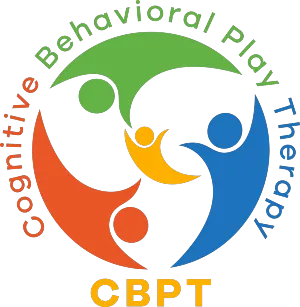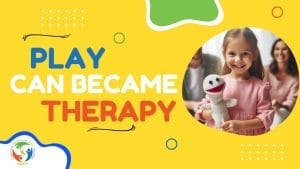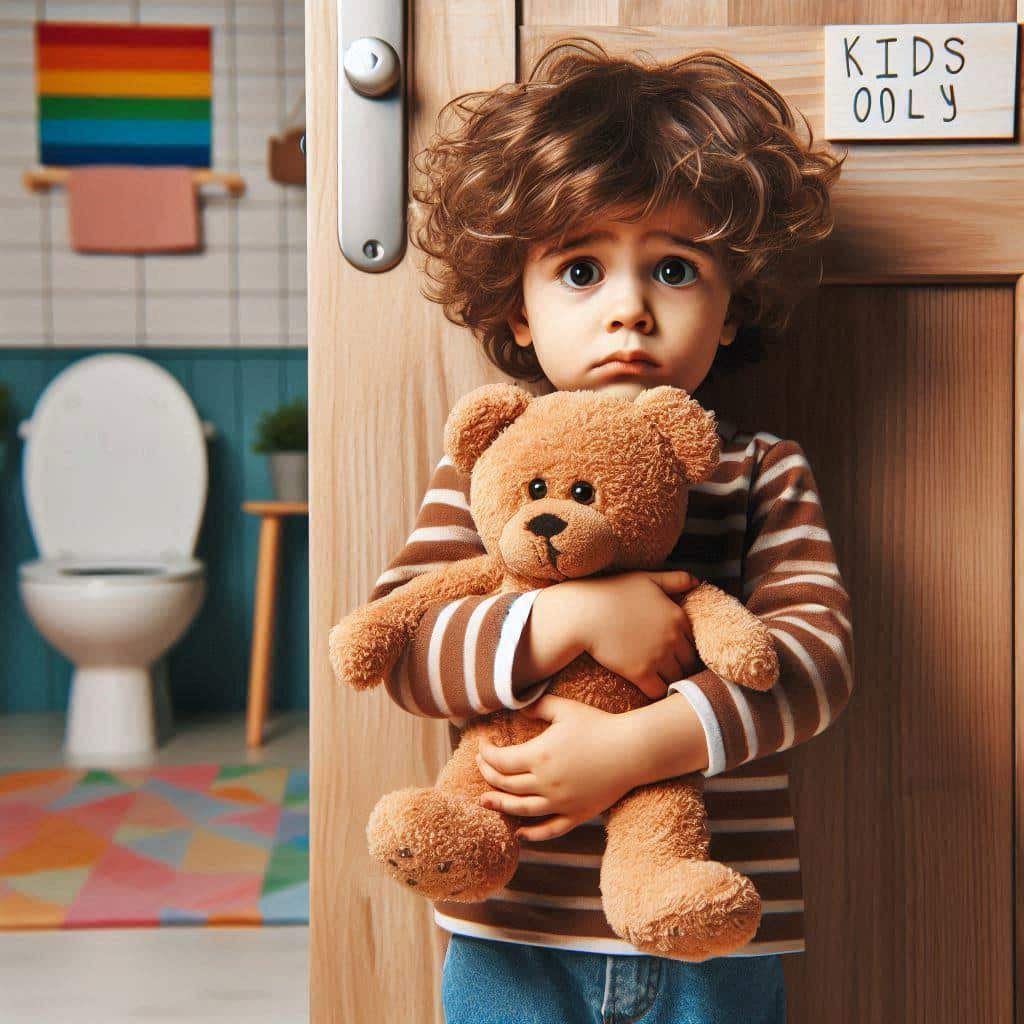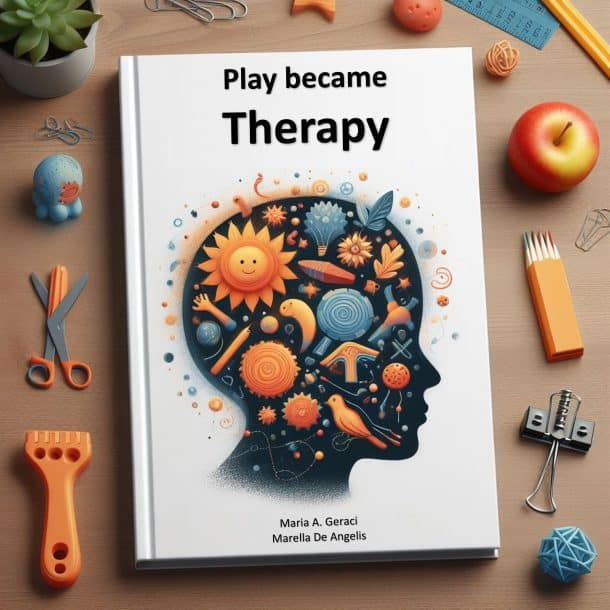
COGNITIVE BEHAVIORAL PLAY THERAPY FOR CHILDREN: HOW IT WORKS
WHAT IS PLAY THERAPY?
CBPT integrates cognitive and behavioral techinques into a play therapy paradigm . Playful activity, as well as non-verbal forms of verbal communication, promote thedevelopment of problem-solving skills.
Play Therapy for children
CBPT is based on cognitive behavioral therapy. It is adjusted to fit the child’s development. It is also an evidence-based treatment.
Specific play therapy activities help young children take part in therapy. The therapist offers these activities. This helps children get psychotherapy they might not have otherwise..
CBPT helps people learn better coping skills. It also provides structured, goal-focused activities. It gives the child a safe space to share. They can freely contribute and express their experiences.
HELPING CHILDREN IS OUR MISSION
We are Italian and American scholars. We study Cognitive Behavioral Therapy (CBT) and Play Therapy in child development. Our goal is to promote training, research, and practice in Cognitive-Behavioral Play Therapy.
Dr. Susan Knell (1993) created this approach by adapting CBT for children. She combined play with positive thoughts and behaviors. This helps children learn better ways to cope with problems.
DISCOVER THE EFFECTIVENESS OF
COGNITIVE BEHAVIORAL PLAY THERAPY
Cognitive behavioral play therapy has been used with preschool and school-aged children with a wide range of diagnoses, such as selective mutism (Knell, 1993b), anxiety and phobias (Knell, 1993a, Knell & Dasari, 2006), encopresis (Knell & Moore, 1990; Knell, 1993a), those who have experienced traumatic life events, such as abuse, emotional dysregulation (Geraci, 2021), Asperger’s, OCD, etc.
This can be expressed by six specific characteristics:
- Involves the child in therapy through play. The child is an active participant and the problems of resistance and lack of compliance can be more easily addressed. In addition, the therapist can address the child’s problems directly, rather than through a parent or significant adult.
- Focuses on the child’s thoughts, feelings, fantasies and environment.
- Proposes a strategy, or strategies, for the development of adaptive thoughts and behaviors that can help the child deal with situations and feelings. In fact, the positive outcome of the therapy provides that
the child will become able to replace maladaptive modalities, and to cope with events with more adaptive approaches. - It is a structured, directive and goal-oriented therapy rather than open- ended. The therapist works with the child and the family to set goals and helps them work towards achieving the set goals.
- It emphasizes the use of empirically demonstrated techniques: one of the most important and utilized techniques is that of modeling (implemented for example by the therapist through the use of puppets and dolls). This, in fact, responds to the need for concrete and non-verbal demonstrations, particularly when addressing children of preschool age.
- CBPT allows empirical control of treatment.
Finally, the CBPT interventions are adapted to the developmental age of the child, that which are part of cognitive-behavioral therapy (CBT) interventions.
So, in Cognitive Behavioral Play Therapy (CBPT), play is used as a means of communicating and teaching evidence-based techniques to children aged 3 to 8, indirectly and engagingly.
Goals of Play Therapy
Cognitive Behavioral Play Therapy uses CBT techniques in a fun setting, involving children in the process of change and problem-solving.
The therapy model combines cognitive and behavioral theories, using evidence-based techniques in play therapy (Knell, 1993; Geraci, 2022).
BECOME AN EXPERT THERAPIST IN COGNITIVE BEHAVIORAL PLAY THERAPY
ENHANCE YOUR CHILD PSYCOTHERAPY SKILLS
COGNITIVE BEHAVIORAL PLAY THERAPY TRAINING











